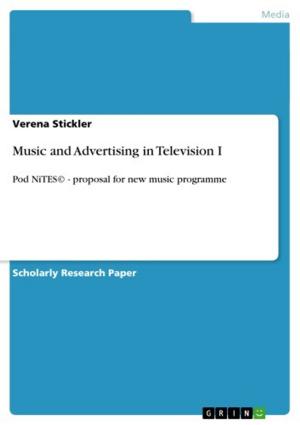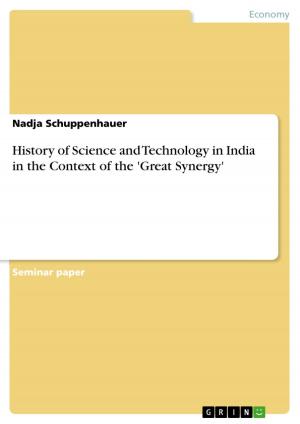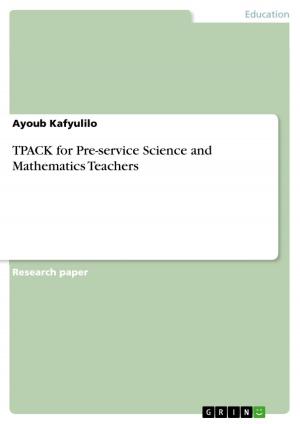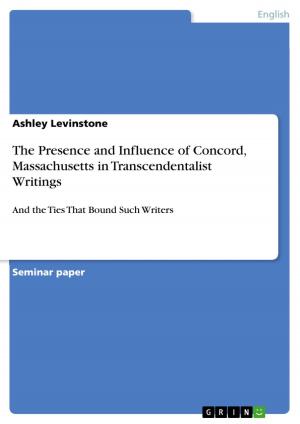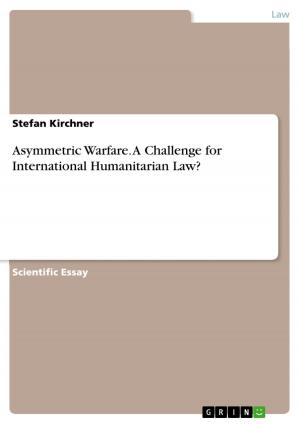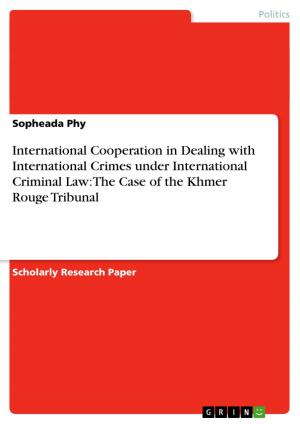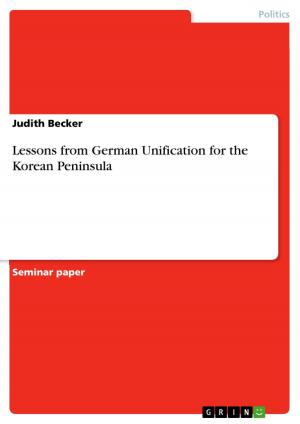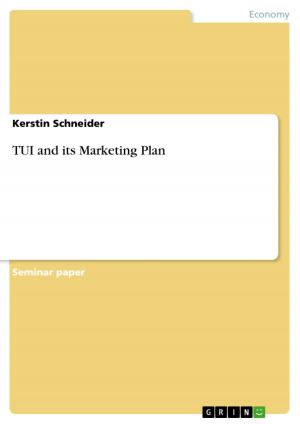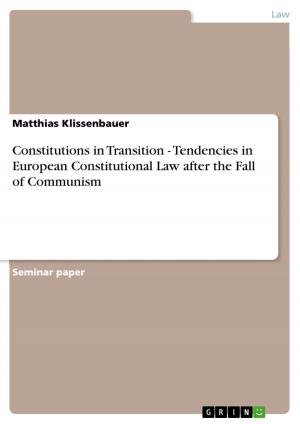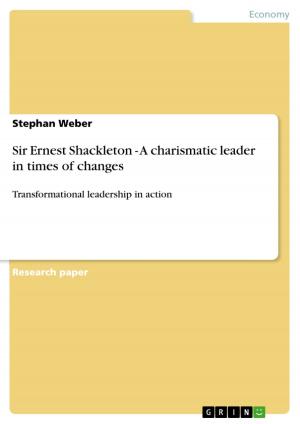Aboriginal English - a dialect of English
a dialect of English
Nonfiction, Entertainment, Drama, Anthologies| Author: | Anonymous | ISBN: | 9783638577939 |
| Publisher: | GRIN Publishing | Publication: | December 7, 2006 |
| Imprint: | GRIN Publishing | Language: | English |
| Author: | Anonymous |
| ISBN: | 9783638577939 |
| Publisher: | GRIN Publishing |
| Publication: | December 7, 2006 |
| Imprint: | GRIN Publishing |
| Language: | English |
Seminar paper from the year 2006 in the subject English Language and Literature Studies - Linguistics, grade: 1,3, University of Regensburg, course: Contact Varieties, 19 entries in the bibliography, language: English, abstract: During the last decades the use of English around the world became increasingly widespread. Therefore it is an important means of communication not only between speakers of different native languages as a lingua franca but also as a significant feature for selfidentification since there are so many varieties of English with distinctive linguistic as well as pragmatic features. The far-reaching influence and use of English throughout the world dates back to the colonisation centuries ago. There are various varieties of English spoken by a large percentage of people, whereas Crystal states that about one-third of the world's population 'are in theory routinely exposed to English' (quoted in Kandiah 1998: 1). Colonisation and the building of the British Empire brought English to distant places all over the world, where different forms of English began to emerge, whereas the most recent development of a so-called 'global village' contributes to the rise of new varieties of English. There are several attempts to classify the different varieties of English with different frameworks. The most prominent classification is the idea of three concentric circles, which was first proposed by Kachru in 1985. This theory suggests an inner circle, where English 'is the primary language [and] dominated by the 'mother tongue' varieties of the language' (quoted in Kandiah 1998: 6). This circle includes the UK, the USA, Canada, Australia and New Zealand. The outer or extended circle is described by Kachru as the countries where English is 'an additional language' and represents 'the earlier phases of the spread of English and its institutionalization in non-native contexts' (quoted in Kandiah 1998: 6). Therefore regions like India, Malaysia, Singapore, Sri Lanka, Pakistan and the Philippines are named in this circle. The last circle is called the expanding circle, whose varieties of English are considered as 'performance varieties', i.e. 'the rest of the world where English is used as a primary foreign language' (quoted in Kandiah 1998: 7). However, this framework for classification lacks the ability to cover all existent varieties of English, most important the English-based pidgins and creoles. [...]
Seminar paper from the year 2006 in the subject English Language and Literature Studies - Linguistics, grade: 1,3, University of Regensburg, course: Contact Varieties, 19 entries in the bibliography, language: English, abstract: During the last decades the use of English around the world became increasingly widespread. Therefore it is an important means of communication not only between speakers of different native languages as a lingua franca but also as a significant feature for selfidentification since there are so many varieties of English with distinctive linguistic as well as pragmatic features. The far-reaching influence and use of English throughout the world dates back to the colonisation centuries ago. There are various varieties of English spoken by a large percentage of people, whereas Crystal states that about one-third of the world's population 'are in theory routinely exposed to English' (quoted in Kandiah 1998: 1). Colonisation and the building of the British Empire brought English to distant places all over the world, where different forms of English began to emerge, whereas the most recent development of a so-called 'global village' contributes to the rise of new varieties of English. There are several attempts to classify the different varieties of English with different frameworks. The most prominent classification is the idea of three concentric circles, which was first proposed by Kachru in 1985. This theory suggests an inner circle, where English 'is the primary language [and] dominated by the 'mother tongue' varieties of the language' (quoted in Kandiah 1998: 6). This circle includes the UK, the USA, Canada, Australia and New Zealand. The outer or extended circle is described by Kachru as the countries where English is 'an additional language' and represents 'the earlier phases of the spread of English and its institutionalization in non-native contexts' (quoted in Kandiah 1998: 6). Therefore regions like India, Malaysia, Singapore, Sri Lanka, Pakistan and the Philippines are named in this circle. The last circle is called the expanding circle, whose varieties of English are considered as 'performance varieties', i.e. 'the rest of the world where English is used as a primary foreign language' (quoted in Kandiah 1998: 7). However, this framework for classification lacks the ability to cover all existent varieties of English, most important the English-based pidgins and creoles. [...]


